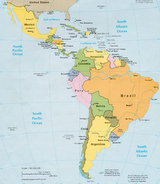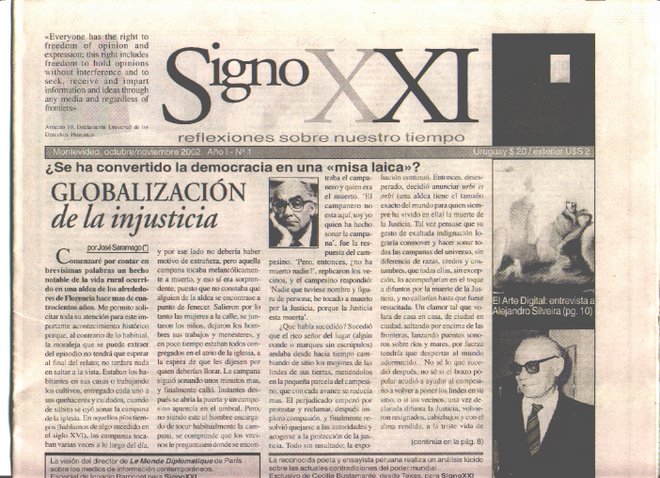Most Clinton voters in Kentucky not willing to support Obama
- Story Highlights
- NEW: Clinton voters in Kentucky more likely to back McCain than Obama, polls show
- Sen. Barack Obama needs 15 delegates to capture majority of pledged delegates
- CNN's "poll of polls" favors Sen. Hillary Clinton in Kentucky
- Obama has the advantage in Oregon, surveys show
(CNN) -- Two-thirds of Hillary Clinton's supporters in Kentucky say they would vote Republican or not vote at all rather than for Barack Obama, exit polls show.

Sen. Barack Obama campaigns Monday in Montana, while Sen. Hillary Clinton seeks votes in Kentucky.
Forty-one percent of Clinton supporters said they'd cast their vote for John McCain, the presumptive Republican nominee, and 23 percent said they would not vote at all.
Just 33 percent said they would back Obama in the general election, according to the polls.
Those numbers are even worse for Obama than in West Virginia one week ago, where 36 percent of Clinton voters said they would back him in the fall.
The results come as Obama is poised to take a majority of the pledged delegates after voters weigh in Tuesday in Kentucky and Oregon.
Obama's campaign sees the two contests as a milestone in the protracted fight with Clinton, who continues to campaign hard.
"This is a very important threshold today, having the majority of pledged delegates. ... We're excited about it, but it doesn't mean it's the end," said Tom Daschle, former Senate majority leader and Obama's campaign co-chairman. Daschle called the pledged delegates "the core of the convention."
"To say that we have the majority of the core of the delegates that are going to be making the decisions at the convention and selecting our nominee, that's a critical milestone," he said.
There are 3,253 pledged delegates, and Obama, even with a poor showing Tuesday, should easily top the 1,627 delegates needed to gain a majority.
A candidate needs 2,026 delegates to win the Democratic nomination. Going into Tuesday's races, Obama has 1,918 total delegates, while Clinton has 1,719.

Tonight, 7 ET
The Kentucky and Oregon primaries hold 103 delegates combined. Obama needs 15 more to achieve a majority of the pledged delegates -- the delegates won either in state caucuses or primaries.
Clinton appears to be the overwhelming favorite in Kentucky. CNN's poll of polls, which averages the latest public opinion surveys in the state, suggests that the senator from New York leads Obama by 30 percentage points. The last polls in Kentucky close at 7 p.m. ET.
Obama is the favorite in Oregon, where a CNN poll of polls indicates that he has a lead of 10 percentage points. Oregon's primary is a mail-in only contest, which means voters must mail in or hand in their ballots in person by 8 p.m. PT. I-Reporters: Send us your voting experiences
Both Kentucky and Oregon's primaries are closed, so only registered Democrats can vote in the Democratic contests.
"We still have some contests left, but if Kentucky and Oregon go as we hope, then we think we will have a majority of pledged delegates at that point, and that's a pretty significant mark," Obama said at a rally Sunday in Oregon.
"That means that after contests in every state, or almost every state and the territories, that we have received the majority of the delegates that are assigned by voters."
Obama also leads Clinton in the number of states won and in the popular vote in the primary and caucus contests this campaign season.
Obama has been careful not to declare victory in the Democratic contest, but he has focused much of his attention in recent weeks on McCain.![]() Watch an analysis of the Obama-McCain dispute on Iran »
Watch an analysis of the Obama-McCain dispute on Iran »
Obama doesn't have enough delegates to capture the nomination outright; Clinton still has a chance, if a slight one, to win the nomination if enough of the roughly 800 superdelegates were to back her.
Superdelegates are elected and party officials who have votes at the national convention. They are not bound by the primary or caucus results from the states they represent.
Don't Miss
If the battle for the Democratic presidential nomination is almost over, Clinton isn't acting like it.
"I'm going to make [my case] until we have a nominee, but we're not going to have one today, and we're not going to have one tomorrow, and we're not going to have one the next day," Clinton said Monday in Kentucky.
She argues that she leads in the popular vote. "Right now, more people have voted for me than have voted for my opponent," she said. "More people have voted for me than for anybody ever running for president before. So we have a very close contest."
But her argument is debatable. For Clinton to claim such a lead, primary states but not caucus states -- which Obama mostly won -- would only be counted, plus the popular vote totals in Florida and Michigan.
Florida and Michigan were stripped of their delegates for scheduling their primaries too early, in violation of Democratic Party rules. Obama's name wasn't on the Michigan ballot, and he received no votes in that state's contest.

Clinton also argues that she's won the states that she contends would stack up stronger against McCain in the general election.
"The states I've won total 300 electoral votes. If we had the same rules as the Republicans, I would be nominee right now," she said. "We have different rules, so what we've got to figure out is who can win 270 electoral votes. My opponent has won states totaling 217 electoral votes."
-------------------------------------------------
Ir al Sitio principal Escritos críticos / Ensayos
www.majfud.50megs.com
Reflexiones sobre nuestro tiempo
-------------------------------------------------




No hay comentarios.:
Publicar un comentario